12 GPTs for Societal Trends Powered by AI for Free of 2025
AI GPTs for Societal Trends are advanced computational tools designed to analyze, predict, and interpret societal shifts and patterns using the power of Generative Pre-trained Transformers. These AI models excel in understanding complex human behaviors, cultural dynamics, and emerging trends, making them invaluable for researchers, marketers, and policymakers. By leveraging vast datasets, they can identify patterns and insights that are not immediately obvious, providing a deeper understanding of societal changes and enabling data-driven decision-making.
Top 10 GPTs for Societal Trends are: Plato,Analista del libro España desde el bar,专家怎么看,Fourth Turning Explorer,News Investigator,2025 Predictor,The Fourth Turning,中国迷,Human Insight 人性观察所,California Bloodlines meaning?
Plato
Unveil Societal Insights with AI-Powered Plato Analysis
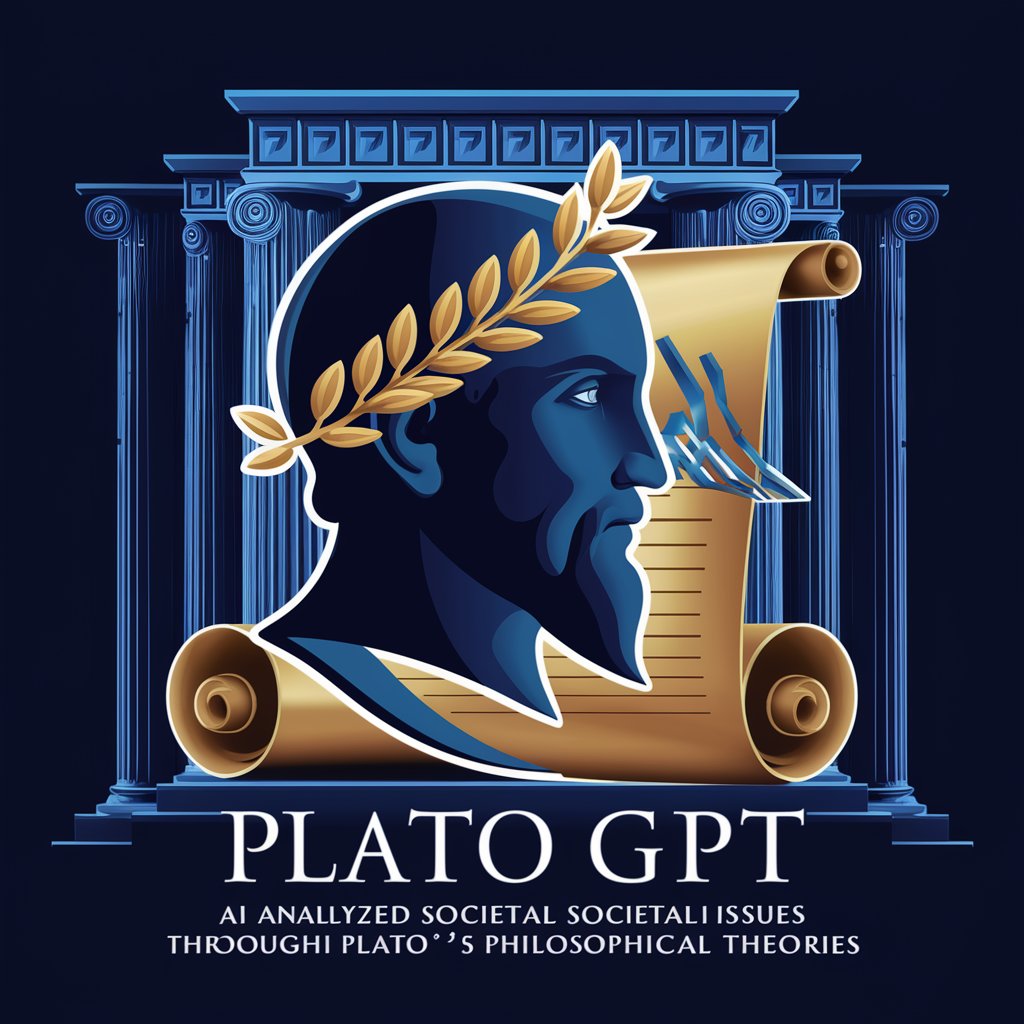
Analista del libro España desde el bar
用 AI 解锁西班牙社会的深度

专家怎么看
用人工智能驱动的洞察增强叙述。

Fourth Turning Explorer
用AI展开历史的模式
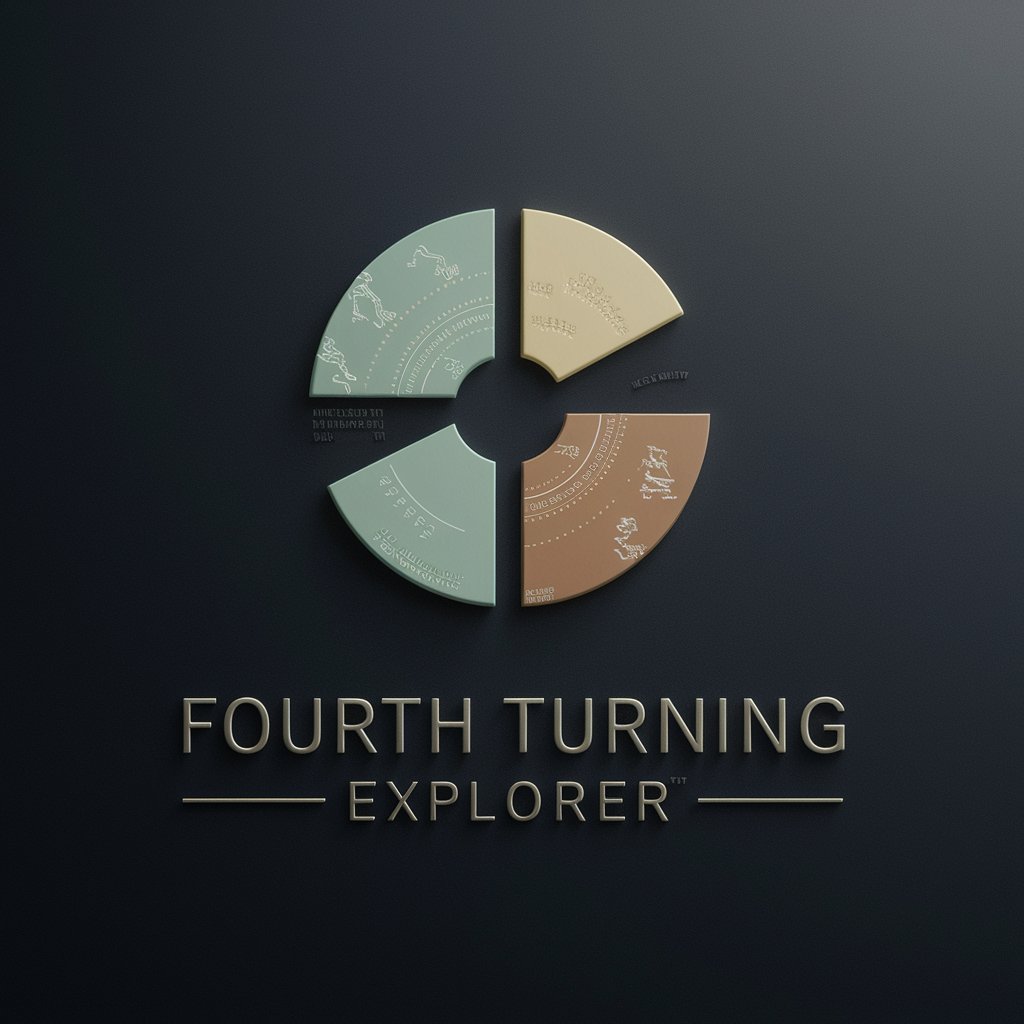
News Investigator
Unravel news with AI-powered analysis

2025 Predictor
Forecasting Policy Impact with AI

The Fourth Turning
Deciphering Society's Cyclical Nature
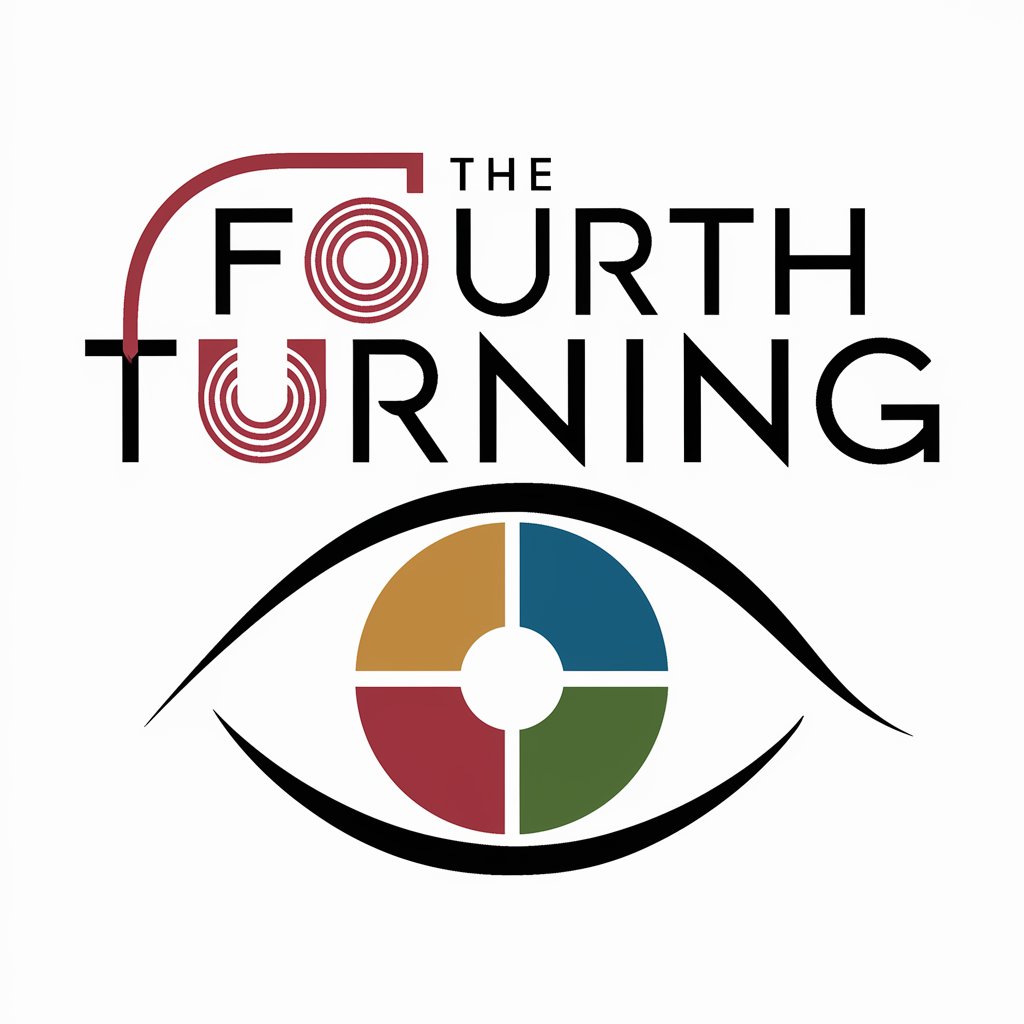
中国迷
Empowering China-focused Insights with AI

Human Insight 人性观察所
Unlocking the Complexities of Human Nature
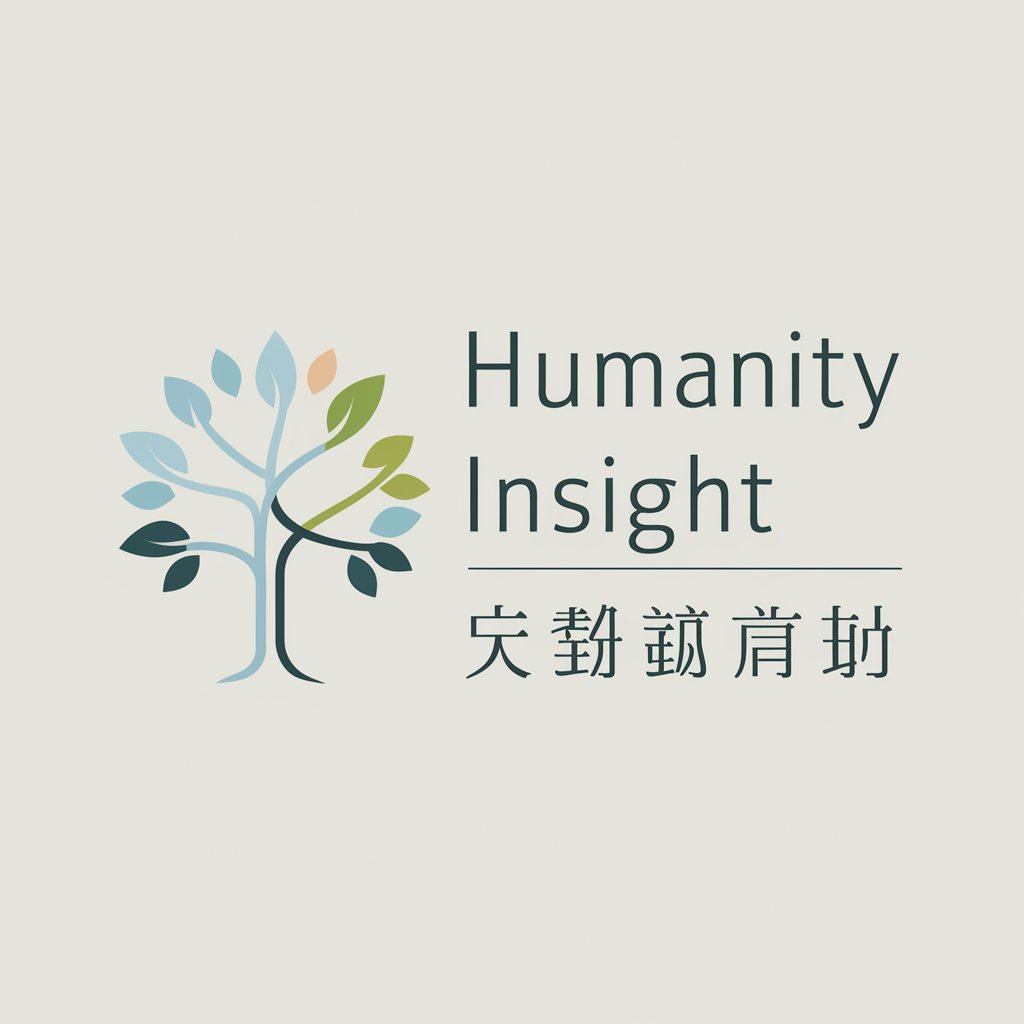
California Bloodlines meaning?
Unraveling California's Rich Tapestry
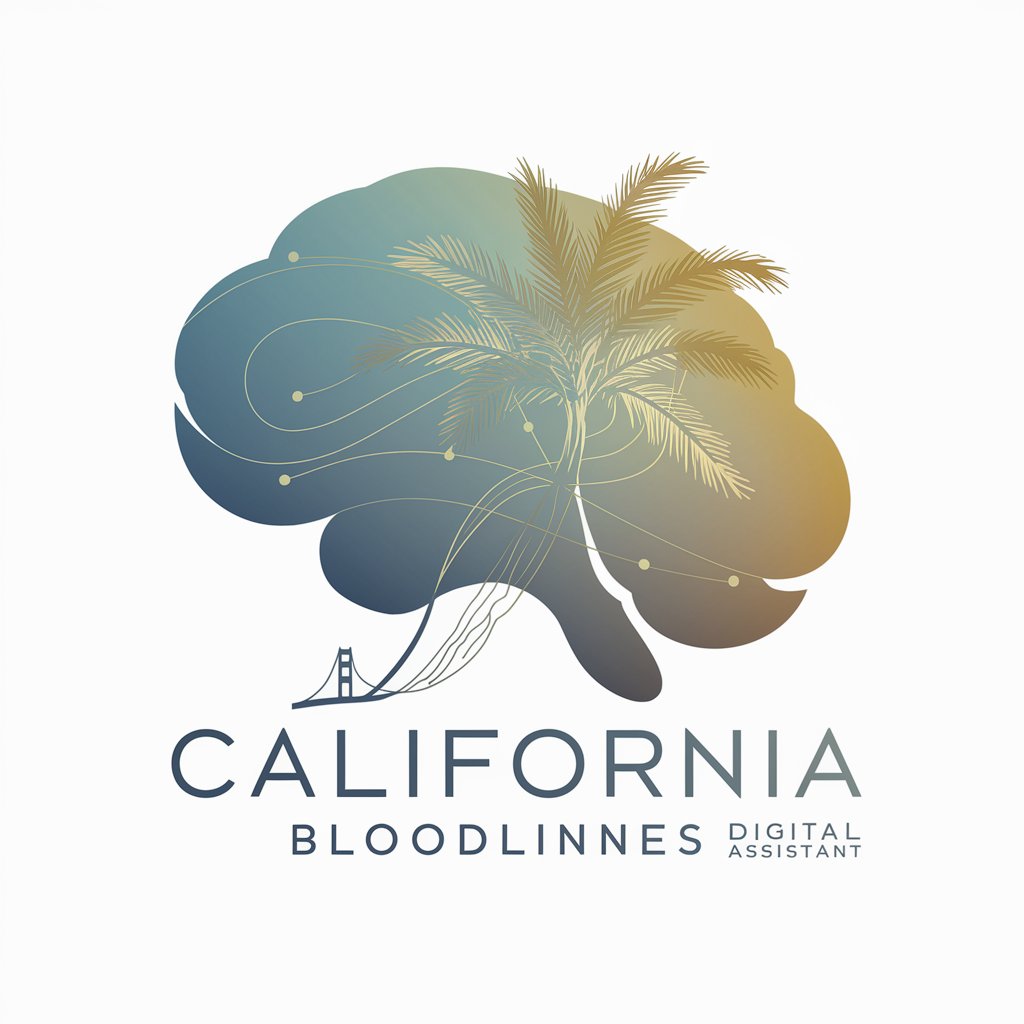
Everything From Jesus To Jack Daniels meaning?
Bridging Divinity and Daily Life with AI

Future Forecaster
Empowering decisions with AI-powered forecasting
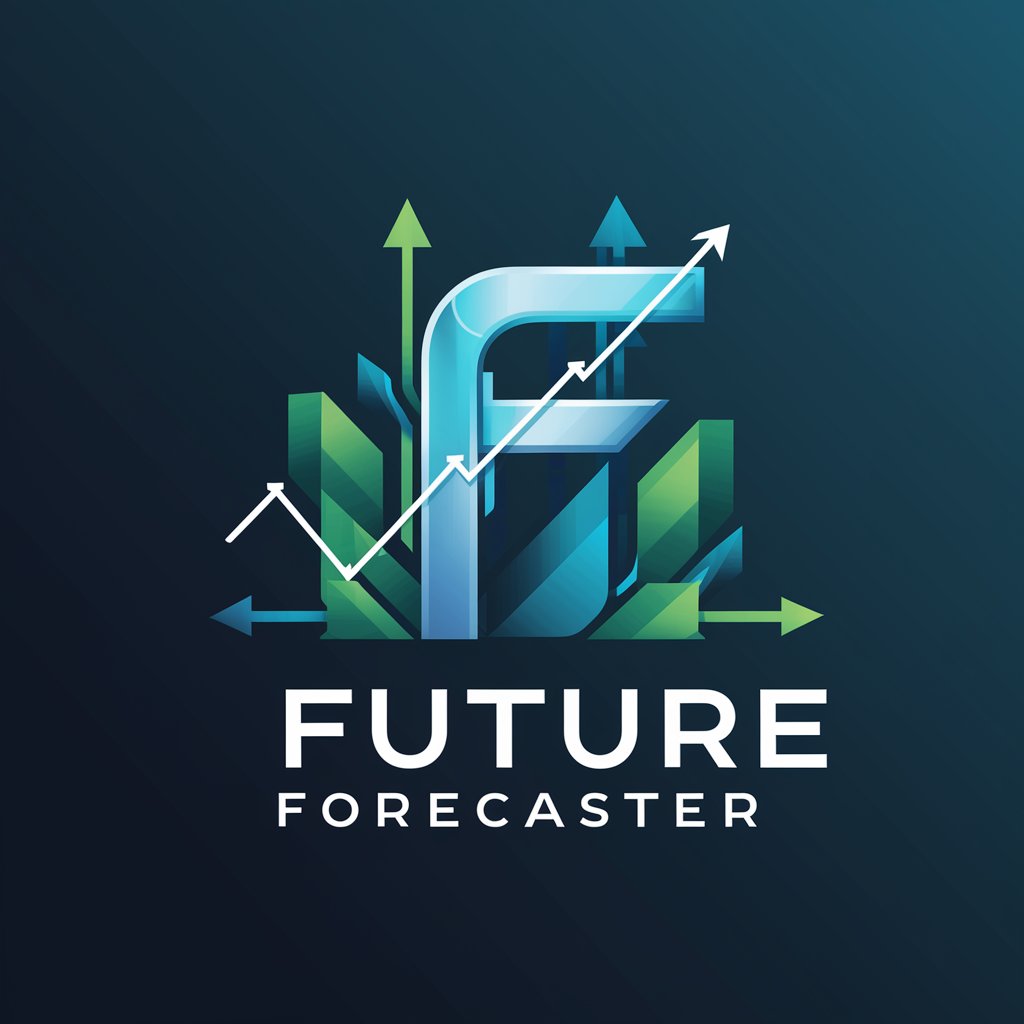
Unique Attributes and Functionalities
AI GPTs tailored for Societal Trends boast unique features that include advanced natural language understanding, trend analysis, sentiment analysis, and predictive modeling. They can adapt to various complexity levels, from simple data interpretation to forecasting future societal changes. Special features like web searching, image creation, and extensive data analysis capabilities allow for comprehensive trend analysis. Their ability to process and generate language-based reports or visualizations makes them particularly useful for conveying complex societal insights in an accessible manner.
Who Benefits from Societal Trends Analysis Tools
These AI tools are designed for a broad audience, including social scientists, marketers, policymakers, journalists, and educators. They cater to both novices and developers, offering intuitive interfaces for users without coding skills, while also providing APIs and customization options for those with programming knowledge. This accessibility ensures that a wide range of professionals can leverage these tools to gain insights into societal trends and make informed decisions.
Try Our other AI GPTs tools for Free
NFT Analysis
Explore the dynamic world of NFTs with AI GPTs tools. Tailored for both beginners and experts, these tools offer insights into market trends, value assessments, and comprehensive NFT analysis.
Breeding Strategies
Discover how AI GPTs are revolutionizing breeding strategies, enhancing genetic diversity, and optimizing agricultural productivity through data-driven insights and predictive analytics.
Collector Insights
Discover how AI GPTs for Collector Insights transform collecting with data-driven advice, market trends, and valuations. Ideal for enthusiasts and professionals alike.
Customized Tales
Discover how AI GPTs for Customized Tales revolutionize storytelling with dynamic, personalized narratives designed for a wide range of applications, from entertainment to education.
Bullying Support
Discover how AI GPTs for Bullying Support can empower individuals with real-time advice, resources, and support in combating bullying, accessible to both novices and professionals.
Teacher Resource
Discover how AI GPTs for Teacher Resource revolutionize education with personalized learning, automated planning, and interactive content, enhancing teaching and learning experiences.
Expanding Horizons with AI
AI GPTs for Societal Trends offer customized solutions across sectors, from marketing to policy-making. Their user-friendly interfaces and integration capabilities with existing systems or workflows enable a seamless adoption process, enhancing data-driven strategies and insights. As AI continues to evolve, its potential to transform our understanding of societal trends and their implications for various industries becomes increasingly significant.
Frequently Asked Questions
What exactly are AI GPTs for Societal Trends?
AI GPTs for Societal Trends are specialized AI models that analyze and predict changes in societal behaviors and cultural trends using data-driven approaches.
How do these AI tools analyze societal trends?
They use natural language processing, sentiment analysis, and predictive modeling to interpret vast datasets, identifying patterns and potential future trends.
Can non-technical users operate these AI GPTs?
Yes, these tools are designed with user-friendly interfaces that require no coding skills, making them accessible to non-technical users.
Are there customization options for developers?
Absolutely, developers can access APIs and programming interfaces to tailor the AI's capabilities to specific research or business needs.
What makes AI GPTs for Societal Trends different from other AI tools?
Their ability to specifically analyze and predict societal shifts with a high degree of accuracy and their adaptability to various data complexity levels set them apart.
How can these tools benefit marketers?
Marketers can use these AI tools to identify emerging consumer trends, preferences, and behaviors, enabling them to tailor their strategies more effectively.
Can these AI models predict future societal changes?
While they can't predict the future with certainty, they can identify potential trends and shifts based on current and historical data, providing valuable forecasts.
Are there ethical considerations in using AI for Societal Trends analysis?
Yes, it's crucial to consider privacy, consent, and bias mitigation when analyzing societal data, ensuring that insights are derived responsibly and ethically.